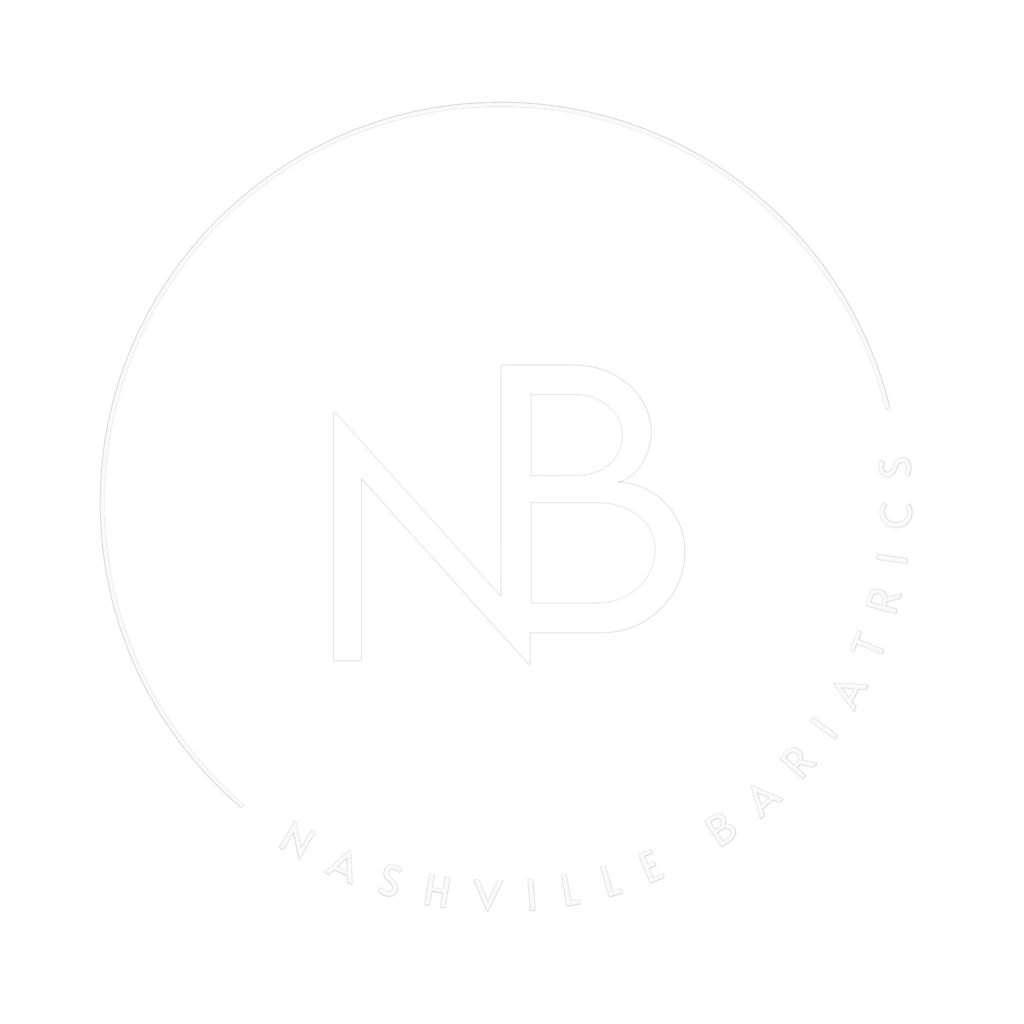GASTRIC BAND REMOVAL
GASTRIC BAND REMOVAL
Lap Band Removal →
gastric band removal
Gastric band surgery is a type of restrictive weight loss surgery that can help people struggling with obesity feel fuller, eat less, and lose weight. During this bariatric procedure, a silicone band, also known as a lap band, is placed around the upper part of the stomach, creating two compartments. The smaller part is above the band, while the larger part is below it.
The Gastric band can be adjusted through an access port and tightened or loosened to control the amount of food that can pass through. The band helps reduce the amount of food you consume by making you feel fuller, allowing you to lose weight in a controlled way. However, there may be instances where the gastric band is no longer effective or causes complications, leading to gastric band removal.
what is gastric
BAND REMOVAL?
WHY REMOVE THE GASTRIC BAND?
Gastric band removal, also known as lap band removal, is a bariatric revisional procedure that should only be performed by a qualified bariatric surgeon. Bariatric revisional surgeries modify or correct a previous weight loss surgery due to complications or failure to produce the desired weight loss results. During Gastric Band Removal, the previously placed adjustable silicone band is removed to reverse the effects of the gastric band surgery.
Gastric Band →
Complications
BAND INTOLERANCE
Band intolerance is a condition where the body rejects the gastric band. Symptoms of band intolerance may include severe abdominal pain, difficulty swallowing, and vomiting after eating. You should contact your surgeon immediately if you experience any of these symptoms
NAUSEA AND VOMITING
Nausea and vomiting are common complications that can occur after gastric band surgery. These symptoms are caused by various factors, such as overeating, eating too quickly, or consuming foods not recommended following surgery. In some cases, nausea and vomiting may also indicate a problem with the gastric band. It is important to follow the postoperative guidelines provided by your surgeon and report any symptoms to them.
BAND EROSION
Band erosion is a serious concern that can arise following gastric band surgery. Over time, the band may come into contact with the stomach wall, leading to friction. Some patients may experience abdominal pain, while others may not notice any symptoms at all. For bariatric patients, it’s important to monitor any symptoms you may have closely following your procedure.
Other →
Possible complications
BAND MIGRATION
While uncommon, band migration occurs when the band moves from its original position and travels to other body parts, leading to potentially serious health complications.
POUCH DILATION
Pouch dilation is a complication that can occur when the small stomach pouch created by the band enlarges over time, exceeding the post-surgery capacity. Dilation could lead to inadequate weight loss.
ESOPHAGEAL DILATION
A common causes of esophageal dilation is when the gastric band is too tight, and the food cannot easily pass through the stomach pouch. This can pressure the esophagus, causing it to stretch over time.
BAND SLIPPAGE
Band slippage occurs when the band moves from its original position, causing the stomach to slip through the band, leading to an enlarged pouch. This can result in symptoms including reflux, heartburn, vomiting, and difficulty swallowing.
PORT SITE COMPLICATIONS
Port site complications occur when the port used to adjust the band becomes infected or dislodged. Symptoms may include pain, redness, and swelling around the port site. In some cases, complications related to gastric bands may require the band’s removal.
The →
Procedure
LAPAROSCOPIC BAND REMOVAL
Laparoscopic band removal involves removing a previously placed gastric band around the stomach through minimally invasive techniques. Laparoscopic Band Removal requires only a few small incisions in the abdomen to access the band and surrounding tissue. This technique helps reduce the risk of complications and results in a faster recovery than traditional surgery.
The procedure is typically performed on patients who have experienced complications with their gastric band, such as band slippage or erosion, or who have achieved their desired weight loss goals and no longer need the band. The band may also require removal due to an infection or other medical complications.
During the laparoscopic band removal procedure, the surgeon will use special instruments to carefully remove the band and any scar tissue that has formed around it. This minimizes the risk of bleeding or other complications during the surgery. Laparoscopic surgery has numerous benefits over traditional surgery, including less pain, faster recovery times, and fewer complications.
MINIMALLY INVASIVE TECHNIQUES
At Nashville Bariatrics, all of our bariatric revision surgeries are either laparoscopic or robotic, which may result in smaller incisions, reduced postoperative pain, and quicker recovery times compared to traditional open surgery.
POSTOPERATIVE CARE
SURGERY RECOVERY
After Gastric band removal, the stomach will gradually return to its original size and shape. Patients can resume a regular diet and lifestyle, although it may take time for the stomach to adjust fully. Patients must follow their doctor’s instructions carefully during recovery to ensure a safe and successful outcome. The laparoscopic band removal procedure typically takes an hour to complete, and most patients can go home the same day. Recovery times may vary depending on the individual patient and the specific circumstances of the surgery. Before undergoing the procedure, patients should discuss their options with their doctor and thoroughly consider the benefits and risks of the surgery to make an informed decision.
Gastric band removal surgery is a relatively safe procedure, but it still requires proper postoperative care to help the patient recover comfortably. After the surgery, patients may experience discomfort, swelling, and bruising around the incision sites. The surgeon may prescribe pain medications to manage the pain and reduce discomfort. Patients may need to follow a liquid or soft food diet for a few days after the surgery before gradually transitioning to solid foods. Following the surgeon’s instructions regarding diet, physical activity, and medication use is crucial to ensure a smooth recovery. Patients should also consult their surgeon before resuming any strenuous activities or exercises.
Long-Term Outlook Of →
GASTRIC BAND REMOVAL
Gastric band removal surgery can relieve patients suffering from complications such as reflux, difficulty swallowing, or vomiting. However, it is essential to note that gastric band removal is not a weight-loss solution. Patients may look to switch to a different surgical weight-loss approach, such as gastric bypass or sleeve gastrectomy, to achieve their weight-loss goals.
After the surgery, patients must maintain a healthy lifestyle, including a balanced diet and regular exercise, to prevent weight regain. Long-term follow-up with a bariatric surgeon is essential to maintain weight loss and prevent weight regain. Patients should be aware of the signs and symptoms of complications and notify their surgeons if they experience any.
Schedule a Consultation →
Nashville Bariatrics
At Nashville Bariatrics, we understand that your journey with a gastric band may not have turned out as planned. Whether you’ve experienced complications with your lap band or feel it’s no longer the right fit for your health goals, we’re here to support you. Our compassionate team of Bariatric Surgeons is dedicated to helping you find the best solution for your needs, ensuring your comfort and well-being every step of the way. Don’t wait to get the care you deserve—schedule your consultation today and take the first step towards a healthier, happier you.

Bariatrics Clinic
615.425.0550
393 Wallace Rd Ste 301, Bldg A
Nashville, TN 37211
M-F 7:30 am - 4:30 pm





